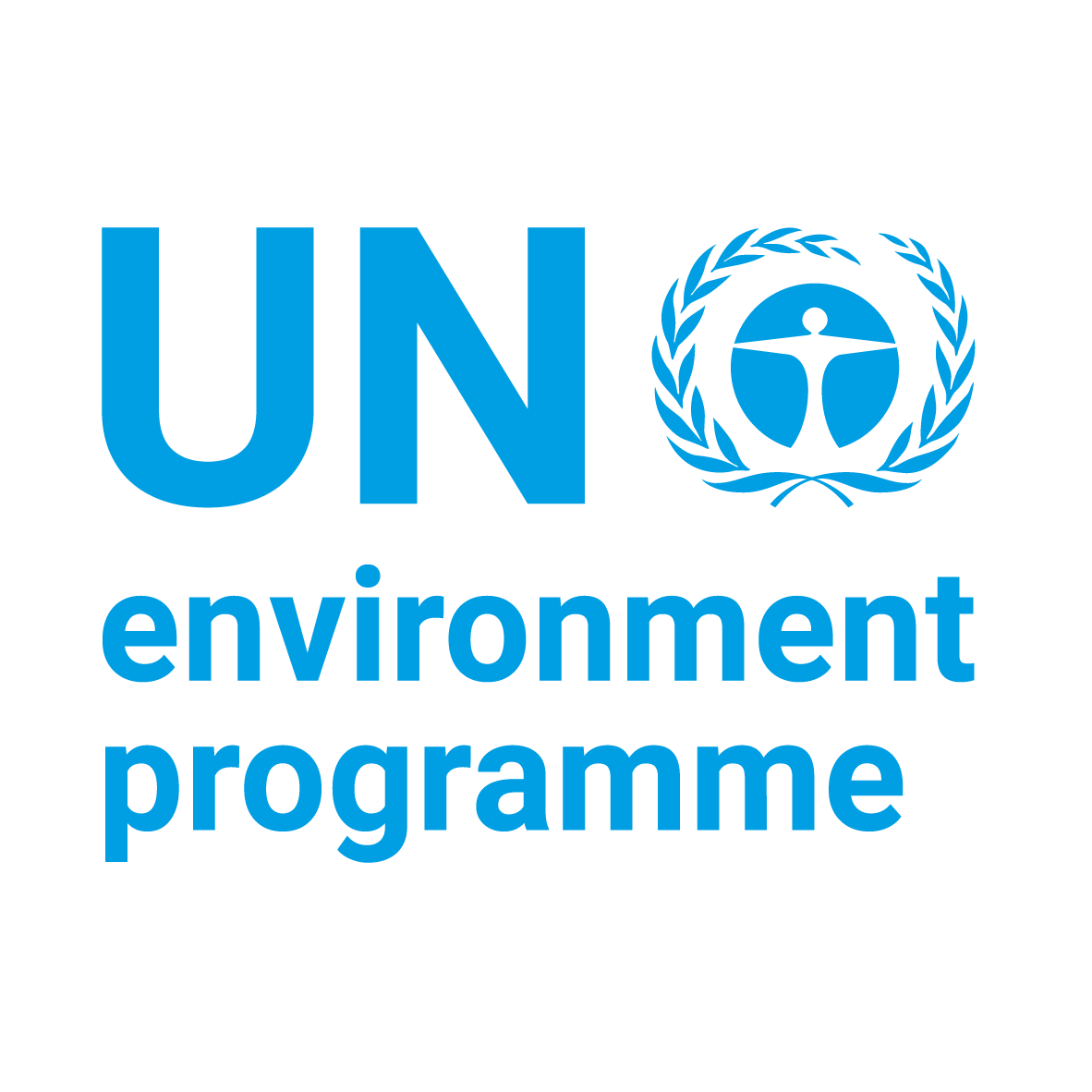Background
About one third of all protected areas are located in upland and mountain areas and are characterized by a diversity of landscapes, land-cover types and land-use systems. Mountains host about 25 percent of terrestrial biodiversity and have cultural, spiritual and recreational values for many different populations around the globe.
Mountain protected areas can contribute significantly to the livelihoods and food security of mountain peoples while conserving universally important environmental services such as clean water and biodiversity resources. In order to ensure that these functions are maintained, the sound and integrated management of mountain protected areas is essential.
Theme: “Managing mountain resources and diversities: the role of protected areas“
About the course
The course will be held from 8 to 18 July 2016 in the city of Ormea, NW-Italy, for about 30/35 officers, researchers and technicians from all over the world, providing a technical and scientific overview of the role of protected areas in mountains.
It will focus on several aspects that contribute to the fruitful management of mountain protected areas, ranging from sustainable environment conservation to governance rights, income generation and food security. Particular emphasis will be placed on the importance of a participatory approach where local communities and authorities closely cooperate.
The interrelations between climate change and other global challenges and mountain protected areas will be discussed during the course and working groups will be formed, allowing participants to share their knowledge and build a network of experts.
Costs and requirements
The total cost of the course (inclusive of full board, accommodation, taxes, teaching equipment, internal transfers but excluding travel costs) is 3,000 Euros.
Excellent knowledge of English, a university degree preferably in a technical area such as Agriculture, Forestry, Biology, Geology or Geography, and relevant work experience are prerequisites.







